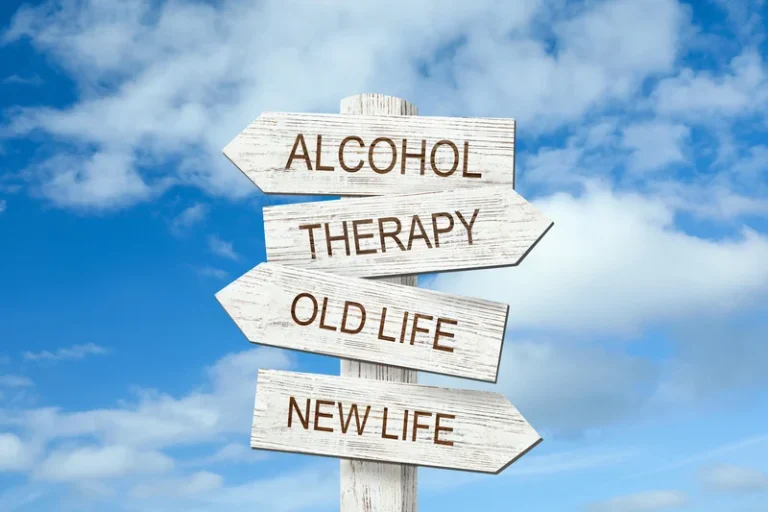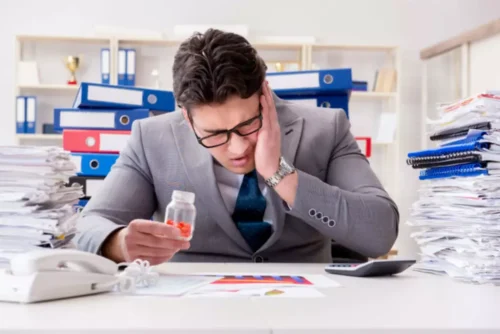
The relationship between alcohol and sleep is complex and often misunderstood. Initially, alcohol may seem like a helpful sleep aid due to its soothing effects, but it significantly disrupts the natural sleep cycle. However, while it may seem like a quick fix, how to sleep without alcohol relying on alcohol to sleep can have detrimental effects on your overall sleep quality and health. The key to getting better sleep is to establish a consistent bedtime routine. You might want to try going to bed and waking up at the same time every day.
Stop Drinking At Least Three to Four Hours Before Bed
Alcohol may also result in suppressed REM sleep in the short term. Staying physically active during the day can help you fall asleep at night, as well as promote https://ecosoberhouse.com/ overall health. Good sleep hygiene will help you fall asleep faster and stay asleep longer, so you don’t need to have something before bed for sleep.
How Many Hours Before Bed Should You Stop Drinking?
- Insomnia is subjective to the person involved as everybody’s body responds differently to different conditions and stimulants.
- It’s important to note that while these improvements are encouraging, they may not be consistent every night.
- Research shows alcohol consumption can affect sleep even if you stop drinking six hours before bed.
Severe alcohol withdrawal can be deadly, so heavy alcohol users should not attempt to wean off alcohol without the help of a professional medical detox facility. Alcohol addiction treatment will begin with a detox period that focuses on managing any uncomfortable or severe withdrawal symptoms that arise. After detox ends, patients begin a rehab program that teaches them how to cope without alcohol and maintain sobriety. Another study found seven weeks of CBT-I improved sleep efficiency (the time spent sleeping while in bed), awakenings, and time to fall asleep in recovering alcoholics with insomnia. Lifestyle changes and sleep hygiene practices can significantly influence the speed and extent of sleep improvement. Adopting healthy sleep habits, such as maintaining a consistent sleep schedule, creating a relaxing bedtime routine, and optimizing the sleep environment, can accelerate the recovery process.

The power behind your next best day
- While medicine can help with sleep problems short-term, much like alcohol, it has various long-term side-effects.
- If you think you can’t sleep without alcohol, your best bet is to switch your reliance on alcohol for something else you can do each night, like drinking a cup of tea.
- Sleep disruptions may increase the risk that a person will feel tired, which might cause a person to reach for a drink if they feel like they can sleep sober.
- If you still can’t seem to get good rest, then you might have a sleep disorder.
However, in more severe withdrawal cases, individuals might suffer from insomnia, extremely vivid dreams or nightmares, and even sleep-impacted disorders like sleep apnea and restless legs syndrome. Taken together, these findings indicate that CBT-I may improve sleep and quality of life of recovering alcoholic patients. Studies are needed to compare the efficacy of pharmacological and nonpharmacological interventions for sleep in early alcohol recovery, both alone and in combination. Furthermore, alcohol’s influence extends beyond a single night’s rest. Chronic use can lead to the development of sleep disorders, including insomnia and sleep apnea.
Does Stopping Alcohol Consumption Cause Insomnia
Additionally, consuming alcohol right before bed increases your chance of waking up to use the restroom at night and experiencing parasomniac behaviors such as sleepwalking. While alcohol does initially make you feel sleepy, it significantly impacts the quality of your sleep, and not in a good way. When REM sleep is suppressed, the brain attempts to compensate with increased REM, known as REM rebound, on subsequent nights when alcohol is not consumed. Research from 2024 shows this change to sleep architecture persists across consecutive nights of pre-sleep alcohol. We’ve covered more on how long before bed to stop drinking alcohol here. Here’s more on those key tips to avoiding alcohol insomnia for the casual drinker or those without alcohol abuse problems.
Can’t sleep without alcohol? Here’s how to sleep without alcohol

Sleep Improvement After Quitting Alcohol: A Timeline of Recovery

Risks Associated with Alcohol-Dependent Sleep
- Paradoxically, some individuals may experience increased sleep disturbances during this period.
- Alcohol consumption can lead to a lack of sufficient quality sleep, which can seriously affect cognitive functions such as learning and memory.
- Long-term alcohol use can lead to chronic changes in sleep architecture.